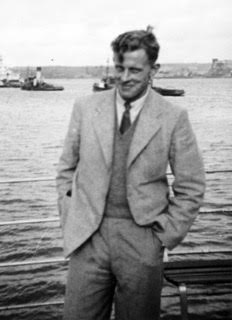Happy for snaps at Fairlynch
In line with a growing tendency by UK
For many years there has been a ban on any kind of filming in galleries and museums but with the growing use of technology such as smartphones many institutions have abandoned the attempt to impose an absolute rule.
The Tate galleries, the National Museum of Wales and the
Others, like
Smaller museums are showing themselves to be more than ready to follow such trends.
Sam Elliott, Transition Manager at Bolton Library and Museum Service, believes that the traditional ban on any type of photography is too hard to police.
"The majority of people have cameras on their phones," she said. "It's a compliment that they want to take pictures in the museum."
The issue has caused much scratching of heads among museum professionals. Click on http://museumcultures.wordpress.com/2011/09/14/public-photography-in-museums-a-survey/ for an insight.
Image credit: http://www.artlebedev.com/everything/photo-ok/




Comments
Post a Comment